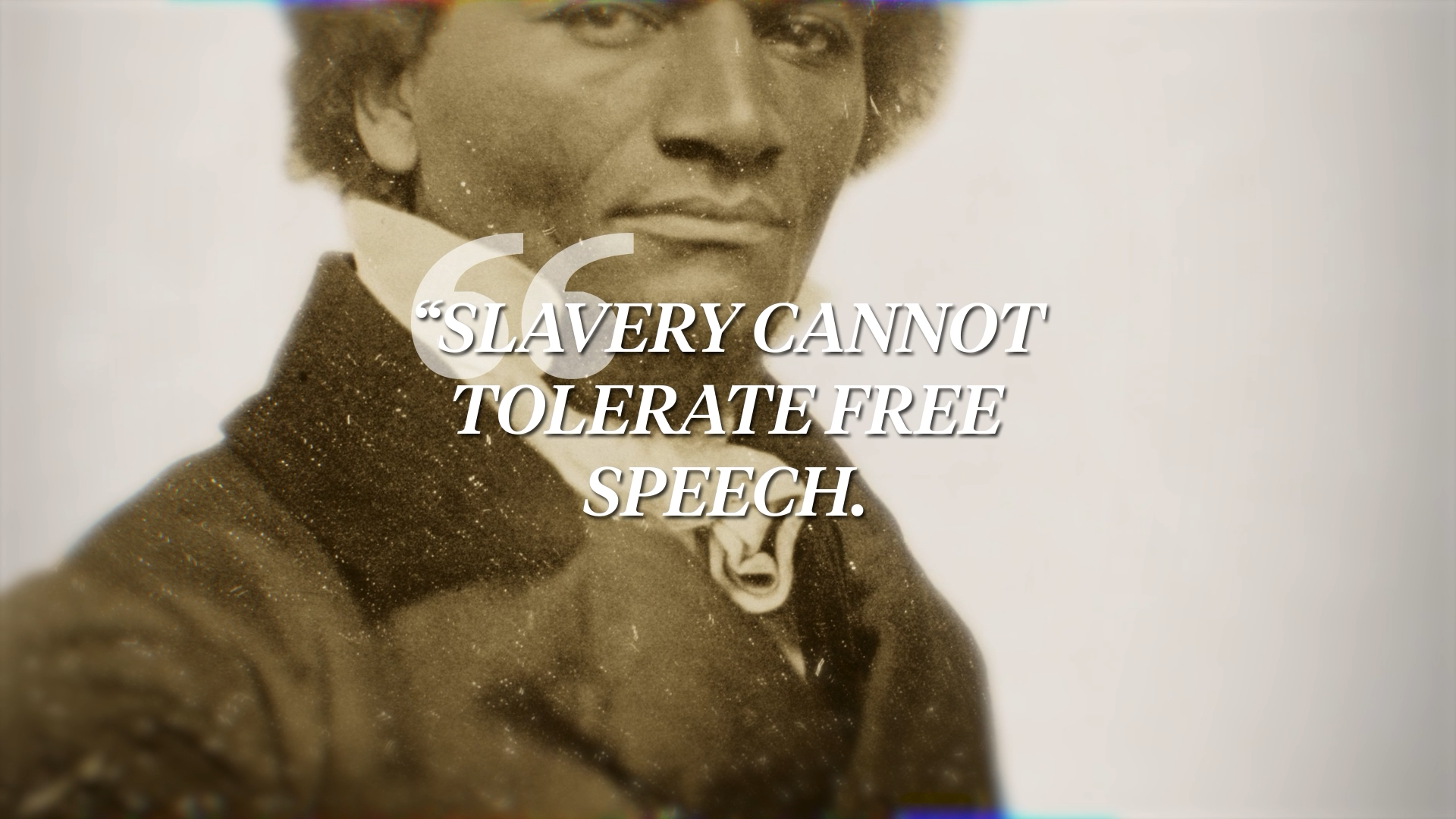
Publius: Robert Bork’s Influence on Antitrust
CLIENT: Publius
Thanks to the work of Robert Bork, legislators and judges began to analyze the impact of antitrust regulations through cost-benefit analysis rather arbitrary deference to the government.

Kite&Key: When Politicians Raise Prices on Purpose
CLIENT: Kite & Key Media
How has such a bad policy endured? Because it’s also been very good for people who grow corn … who’ve made it their business to keep that policy in place. Economists call this the problem of “dispersed costs and concentrated benefits.” And once you’re aware of it, you start seeing it everywhere.

Publius: Exploring Plato’s “The Laws”
CLIENT: Publius
Plato's final and most extensive dialogue, the Laws, laid the groundwork for modern legal philosophy.

Kite&Key: The Most Important Economic Concept No One Understands
CLIENT: Kite & Key Media
As industries become more productive, their goods and services often become cheaper. That tends to increase the demand for them, which leads to the creation of more jobs. And as companies become more successful, they often create new and different jobs as well.

Publius: The Anti-Federalist Papers
CLIENT: Publius
The Anti-Federalist Papers were a series of articles and speeches opposing the ratification of the U.S. Constitution. These writings, penned by various authors including Patrick Henry and George Clinton, expressed concerns about the concentration of power in a strong federal government and the potential for tyranny.

Publius: Is the Third Amendment Pointless in the Modern World?
CLIENT: Publius
The Third Amendment, which prohibits quartering soldiers in private homes without owner consent, is the least litigated amendment in the Bill of Rights.

SphereEd: Price Controls
CLIENT: SphereEd
Economist Ryan Bourne explores the implications of price controls as well as their recent implementations.

SphereEd: Three Theories of Regulation
CLIENT: SphereEd
Economist Ryan Bourne explores three theories for how a bill becomes public policy.

Publius: The Founders and the Question of Representative Government
CLIENT: Publius
What does it mean for a government to be truly representative? Professor Keith Whittington discusses the Founders' experience with Parliament, which claimed to represent the interests of the colonists.

SphereEd: The National Debt and its Implications
CLIENT: SphereEd
Economist Ryan Bourne explores the national debt and its implications for the American economy.

SphereEd: Market Failures vs Government Failures
CLIENT: SphereEd
Economist Ryan Bourne explores the concept of market failure and government failure.

SphereEd: Comparative Advantage and the Benefits of Trade
CLIENT: SphereEd
Economist Ryan Bourne explores the oft-misunderstood concept of Comparative Advantage and how it helps us understand how everyone can benefit from trade.

JIMMY LAI: Milton Friedman Prize for Advancing Liberty 2023
In prison and denied bail, the outspoken critic of the Chinese government and advocate for democracy faces charges that could keep him in jail for the rest of his life.

FIRE: Why Frederick Douglass Stood Up For Free Speech
CLIENT: Foundation for Individual Rights and Expression (FIRE)
Looping motion graphics telling the story of the December 1860 riot that shut down Frederick Douglass from speaking to abolitionists and radicalized him in the cause of free speech.
